Alternatives to Windows 11: 4 Most Popular Picks to Use
9 min. read
Updated on
Read our disclosure page to find out how can you help Windows Report sustain the editorial team Read more
Key notes
- If you don't want to upgrade your operating system, there are several great Windows 11 alternatives to consider.
- Linux is one of the best options since it's completely free, and it can run on hardware that is several years old.
- macOS is another popular choice, but you'll need to buy an Apple device if you want to use it.
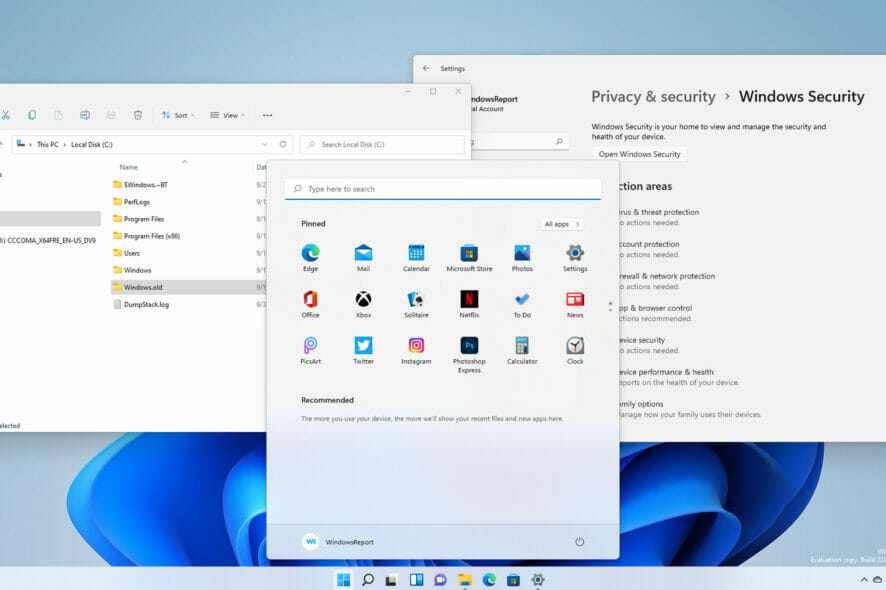
Windows 11 is finally here, but not everybody is eager to make the switch. There are several reasons to do this, but the biggest one is the hardware requirement.
The new version is more demanding than the previous ones, and some older computers might not be able to run it at all.
This is a major obstacle that will prevent many users from upgrading unless they buy new hardware beforehand.
Since this isn’t the best option for many, users are considering Windows 11 alternatives, and in today’s guide, we’re going to show you several great operating systems that you can use instead.
What are Windows 11 requirements?
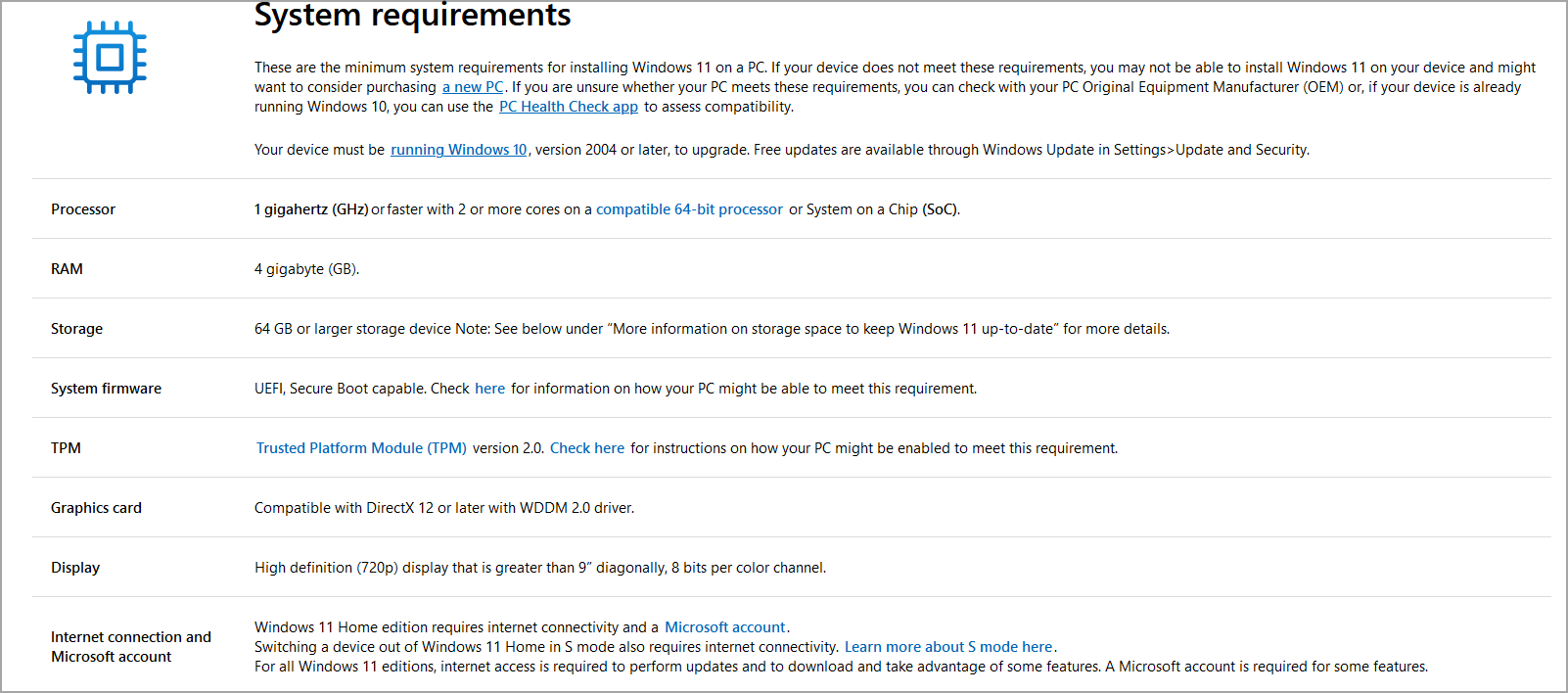
Unlike the older versions, Windows 11 is more demanding on your hardware. Here’s a quick overview of the requirements:
- Supported 1GHz dual-core CPU
- 4GB RAM
- 64GB storage
- Secure Boot
- TPM 2.0
The requirements look modest at the first glance, but many computers are failing to meet them and run Windows 11.
Why can’t some PCs run Windows 11?
The main reason is the CPU support, and to upgrade, you’ll need at least an Intel 8th Gen processor or Ryzen 2300X.
This leaves many PCs unable to upgrade to Windows 11. However, these are just the official recommendations, and you’ll still be able to install it on unsupported hardware.
However, if you choose to do so, you won’t be able to download updates, and Microsoft won’t guarantee your system’s stability and safety.
Another requirement that is causing compatibility issues is TPM. This is a security feature, and unless your PC supports it, you won’t be able to upgrade.
To learn more about it, you should check out our TPM and Windows 11 guide for more information.
What are the best Windows 11 alternatives?
Windows 10
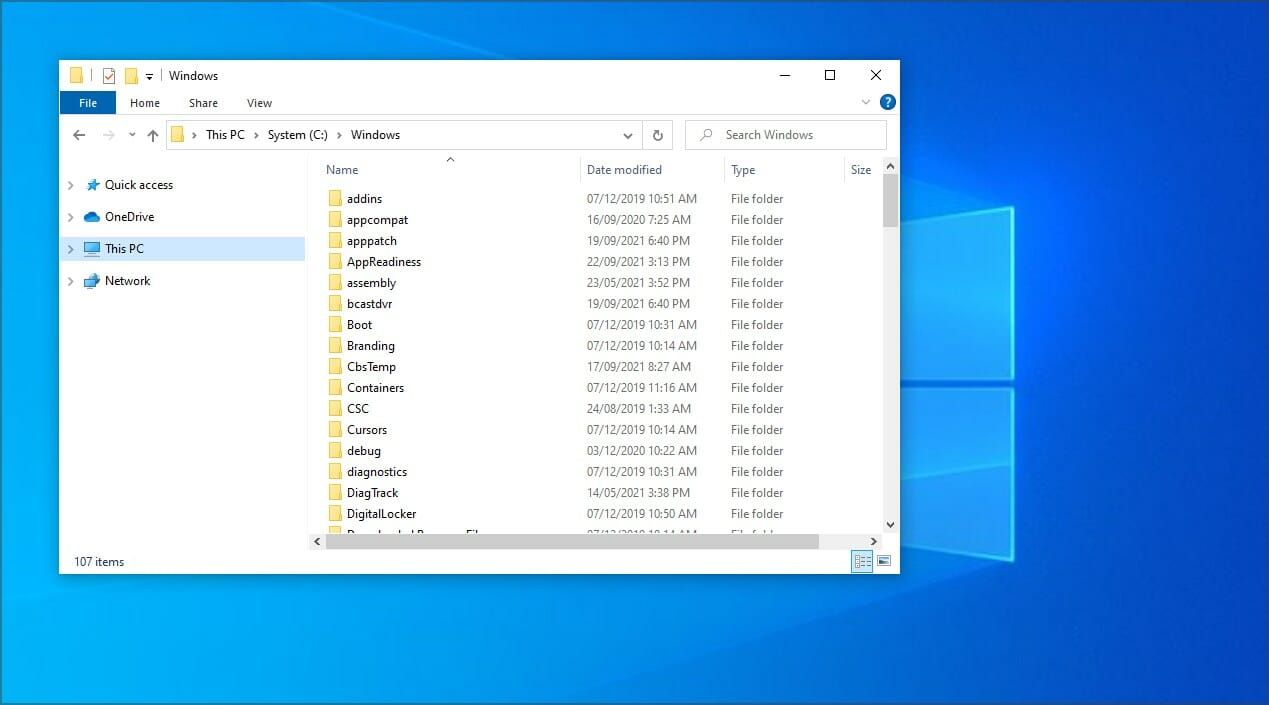
In case you don’t want to or can’t upgrade, you can remain on Windows 10 for the time being. Although the latest version looks better with its new interface, in terms of functionality, it’s pretty similar.
The biggest change besides the visual revamp is the support for Android apps, but you can also use them with Android emulator software.
However, you will miss out on certain gaming features, such as AutoHDR and DirectStorage, if you don’t install the latest version, so you should keep that in mind if you’re a gamer.
You’ll still be able to play your favorite games, even if you don’t upgrade, without any problems, just without these two features.
It’s also important that we mention the software support. Microsoft is planning to maintain Windows 10 until October 2025, so you can use it for few more years.
However, this might not apply to other developers, and some of them might slowly move away from older operating systems and focus exclusively on the latest one.
This shouldn’t worry you too much, but you might find that certain apps won’t run, especially as the end of official support draws near.
If you don’t plan to upgrade or your PC just can’t support the latest version, you can continue using the current one as an alternative.
You might miss a couple of gaming features and a new user interface, but that’s not a dealbreaker for most users, since the majority of applications will still work on Windows 10 without any issues.
For more information and direct comparison between the two operating systems, we suggest reading our Windows 10 vs Windows 11 guide.
macOS
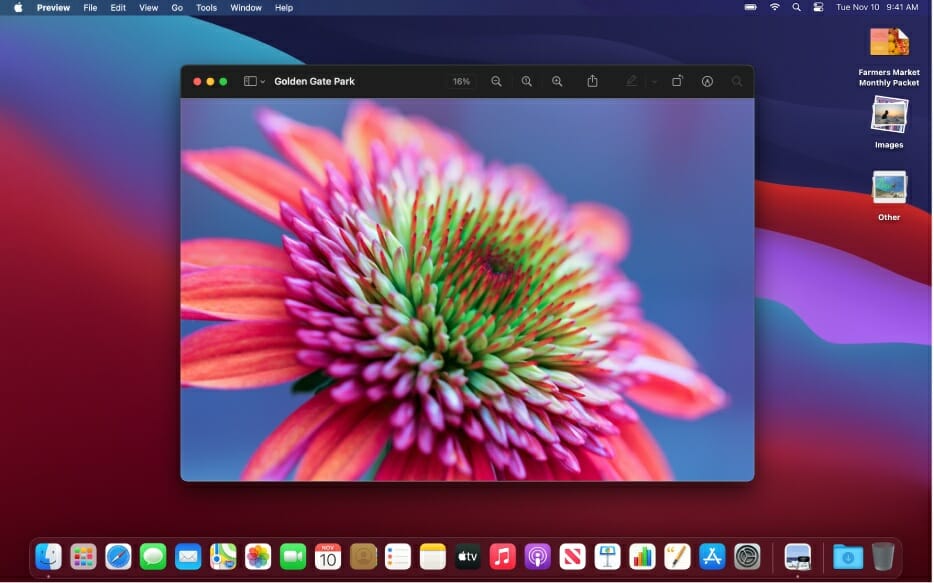
Currently, the world’s second most used operating system is macOS, so it’s no wonder that it’s one of the best Windows alternatives out there.
The two have a lot of similarities, especially in the terms of the user interface, with both having rounded corners and a centered Taskbar that allows you to quickly access apps.
Widgets are a new addition in Windows 11, but they have been available on Mac for a while, so that’s one more feature that the two share.
We also have to mention security as one of the macOS highlights. The system has a dedicated chip for boot protection and credentials storing, similarly to TPM.
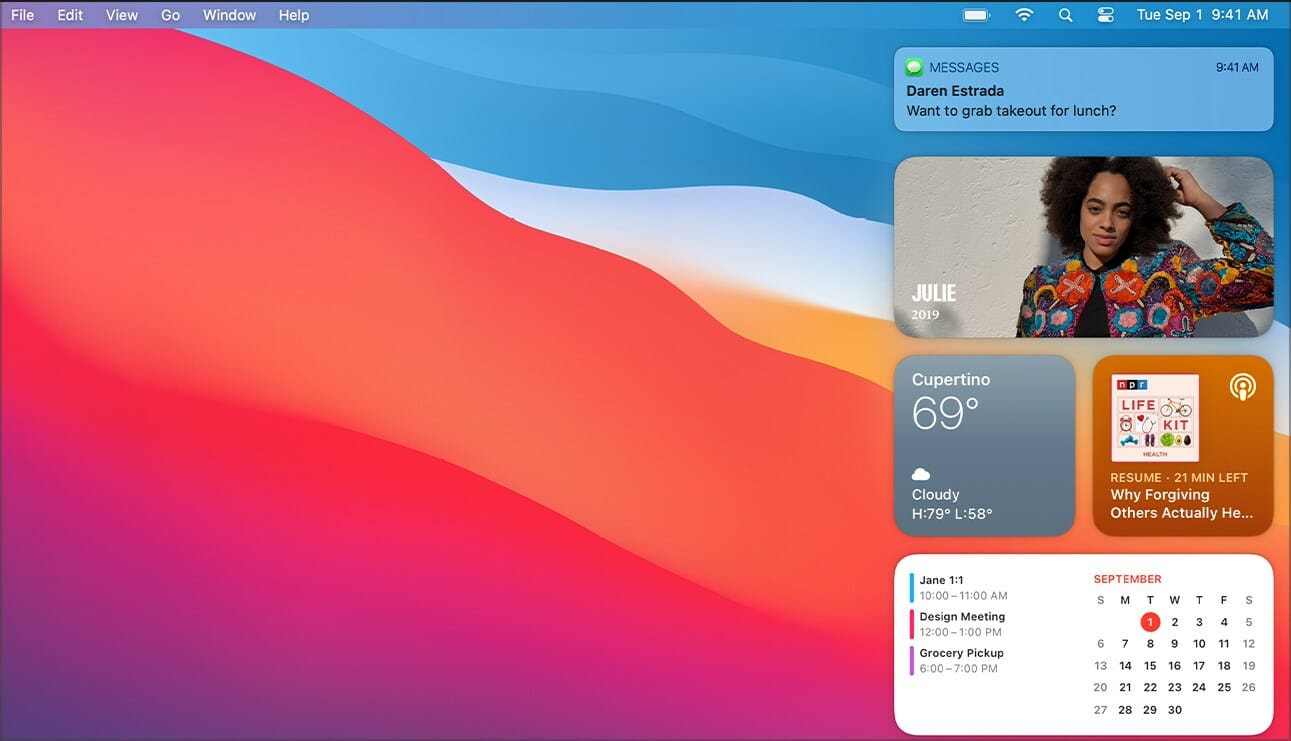
Apple also has a strict app policy, and only certified software is allowed to be downloaded from the Store, ensuring the maximum safety of its users.
Both systems offer integration with mobile platforms, with support for Android and iOS apps on Windows 11 and macOS respectively.
Although the two systems have many similarities, there’s one major difference between them. Apple’s devices can’t run executable or .exe files.
This means that you’re not able to use any of your favorite Windows applications unless the developers have made a version for Mac devices, but you can circumvent that if you dual boot Windows 11 and macOS.
Lastly, we have to talk about gaming, and Macs aren’t famous for being a reliable gaming platform. Even though you’ll be able to run some games, expect to encounter issues along the way.
macOS is a great alternative to Windows 11, however, you won’t be able to run most of your favorite Windows apps and games on it.
To make a switch, you’ll need to buy a Mac computer first, and this isn’t the best option for most users. We wrote in great detail about both operating systems, and you can read more in our Windows 11 vs macOS article.
In order to download macOS and install it on a Windows-based PC or otherwise, you will need to download it by using a device with macOS already installed. You can do so by accessing the App Store, downloading the OS, and then creating a bootable USB on your Windows 10 device.
Linux
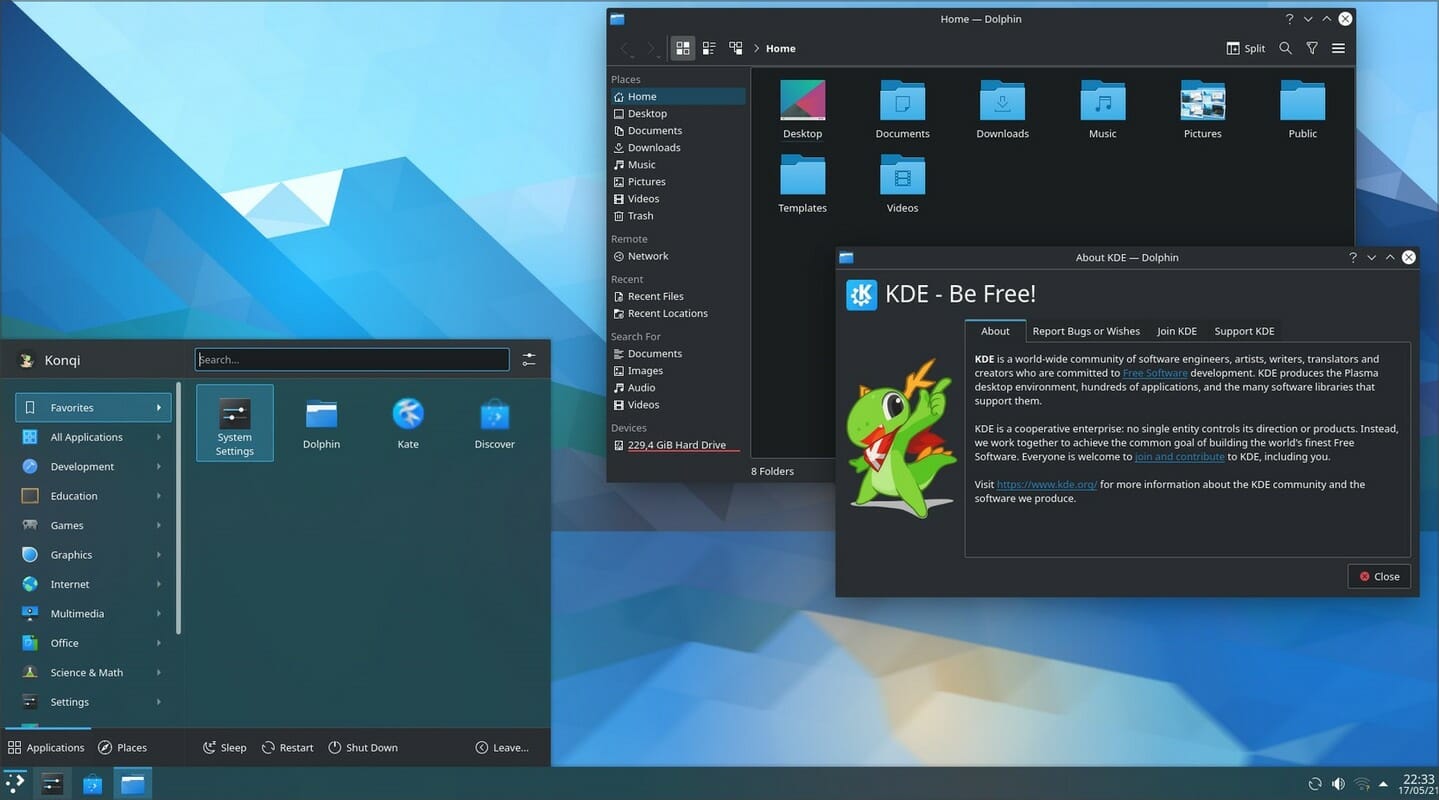
One of the best alternatives for Windows is Linux for several reasons. The operating system is completely free, and you can run it on your existing computer.
There are tens of different versions to choose from, and each has a unique look and hardware requirements, meaning that you can run it on almost any configuration, even if it’s 10 years old.
In terms of visual appearance, there might be some similarities with certain distributions, but what’s unique with Linux is that it has a minimalistic design that looks great.
Security is one more major benefit, and since the platform has only a handful of threats, you can rest assured that your PC will be completely safe.
The operating system can’t run .exe files, which makes your computer protected from the vast majority of malware. However, this also means that you can’t run Windows applications at all.
Some developers optimize their software for multiple platforms, but in most cases, you’ll have to rely on one of many available alternatives.
Alternatively, you can use Wine for emulation or use virtual machine software, but be prepared to deal with some compatibility issues.
It’s also worth mentioning that Linux is somewhat more complex than other operating systems, so it might not be the best choice for less tech-savvy users.
For more information, we suggest reading our Windows 11 vs Linux guide to learn more about the differences between the two.
Chrome OS
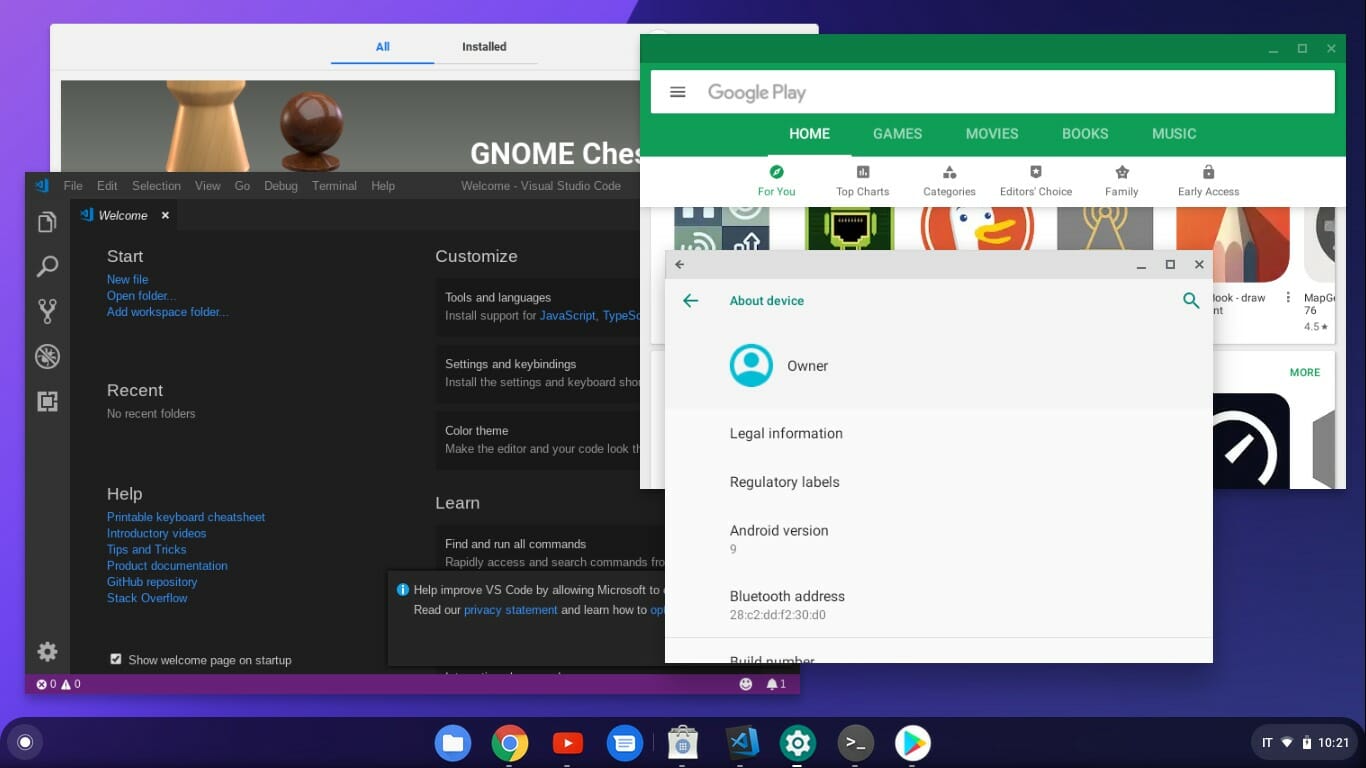
Chrome OS started humbly but it has changed a lot during the years, and it shares a lot of visual similarities with Windows 11.
Both systems have rounded corners for open windows, a centered Taskbar, and a rather similar notification and Quick Settings panel.
Another shared feature is the ability to run Android apps, and in fact, Chrome OS had this option for a while, while Windows just got native support for them.
The main difference is that the two systems use completely different app stores, and one is powered by Google’s Play Store and the other by Amazon’s app store.
Many users aren’t happy with this decision because it means that Windows users will get access to a lot smaller library of apps, but that could be fixed with the sideloading support.
The main difference is the support for Win32 apps, and Chrome OS just isn’t compatible with them. This means that you won’t be able to run your favorite Windows software at all.
As a result, the operating system is a lot safer, thanks to the sandboxing support. Since malware usually comes in .exe format, you can rest assured that your device is perfectly secure at all times.
However, there’s extensive support for web apps and Android applications, and you can even run Linux software on some models, but that probably won’t be enough to make users switch.
You should also know that to use this operating system, you’ll need to purchase a Chromebook, and this probably isn’t the best option for most users.
To learn more about the differences between the two, be sure to visit our Windows 11 vs Chrome OS guide.
Is Windows 11 secure?
Yes, Windows 11 is the most secure release of Windows, and just like the previous versions, it comes with built-in protection.
If you need additional security, you can always install a Windows 11 compatible antivirus and use it instead of Windows Defender.
With the TPM requirement and boot protection, you can rest assured that your PC will remain safe from all malware that tries to run before your OS starts.
Can I dual boot Windows 11 with other operating systems?
Yes, you can easily use Windows 11 alongside other operating systems. This is perfect if you want to test the new operating system without giving up on your old one.
You should know that the Secure Boot feature won’t interfere with dual booting, since you don’t have to keep it enabled to use the latest version.
We wrote an in-depth guide on how to dual boot Windows 11 and Linux, so be sure to check it out for step-by-step instructions.
In case you don’t want to upgrade to Windows 11, these are some of the best alternatives that you could use.
All these operating systems can’t handle Win32 apps natively, so if you find it necessary to use them, it would be best to stick with your current version for the time being.
Are you planning to upgrade to Windows 11 or are you considering using one of the alternatives? Share your thoughts with us in the comments section below.

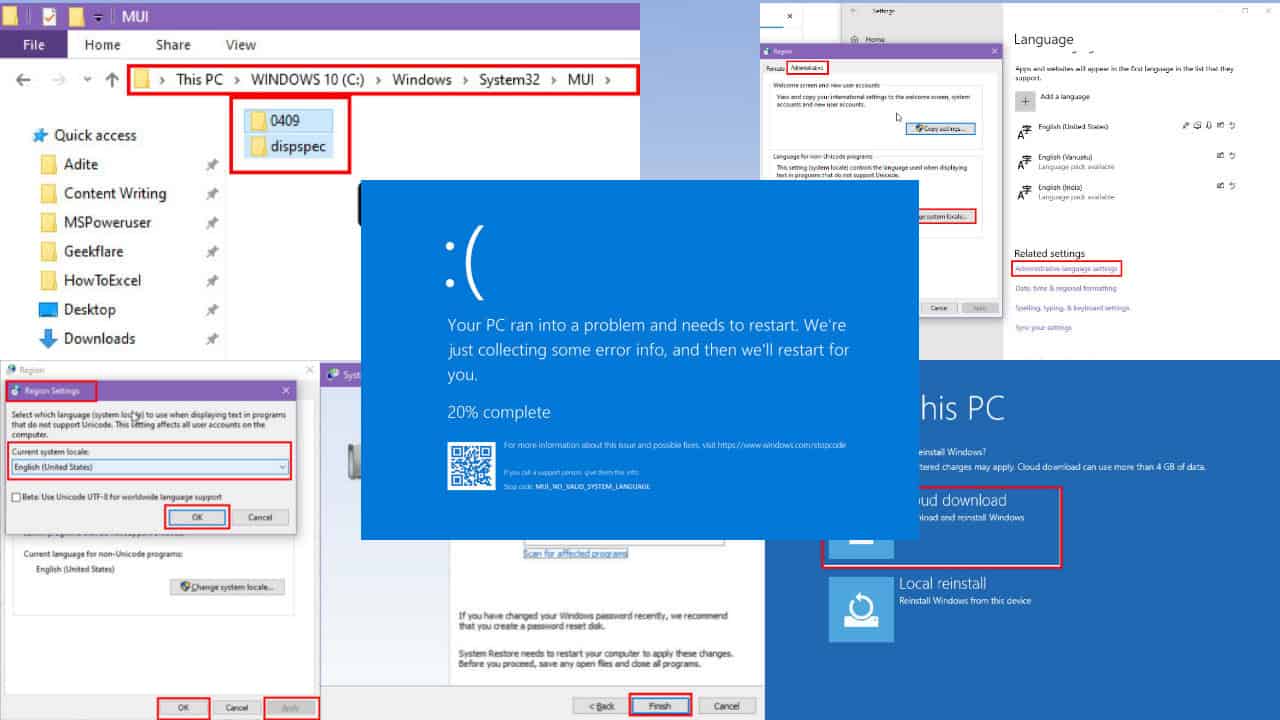
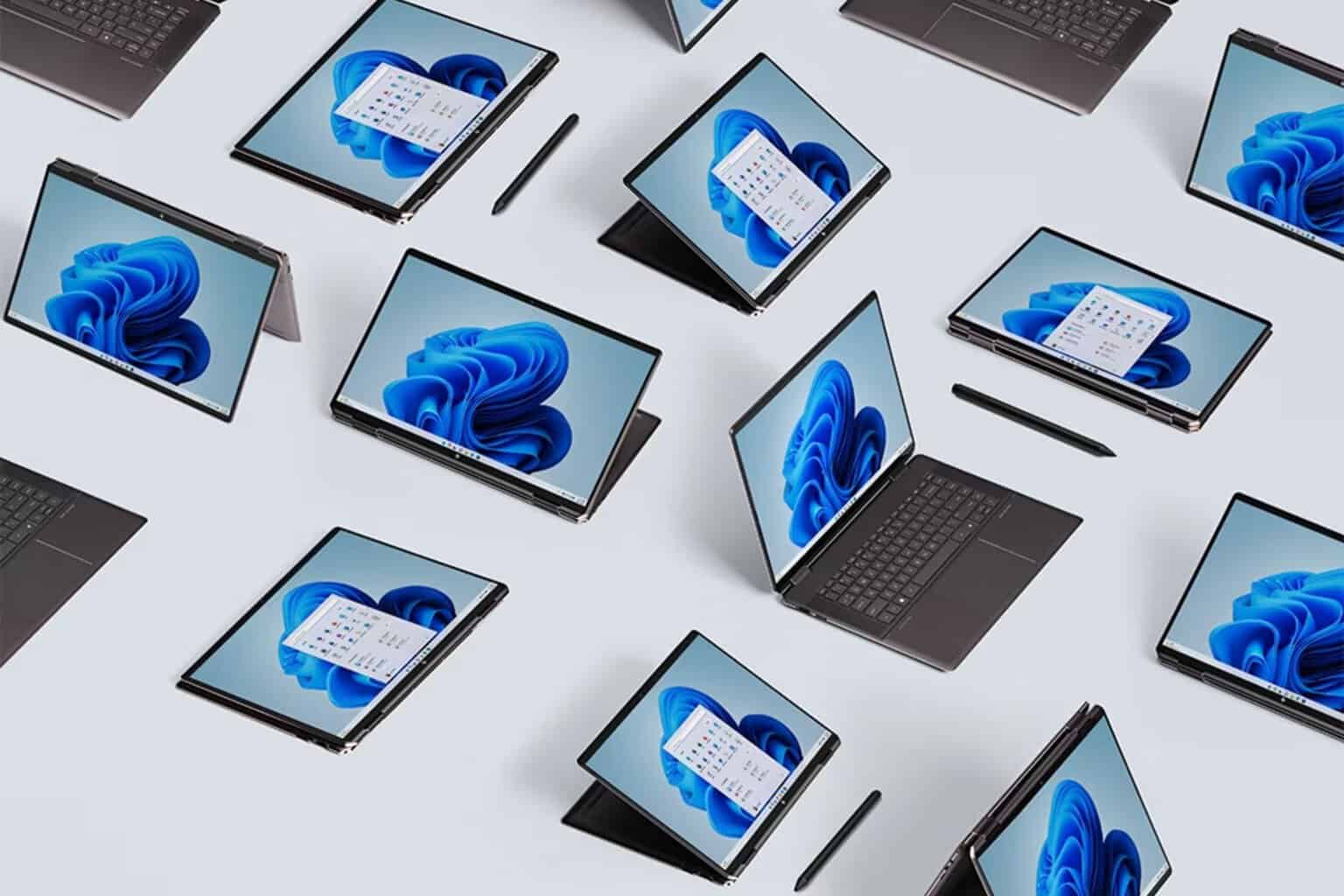
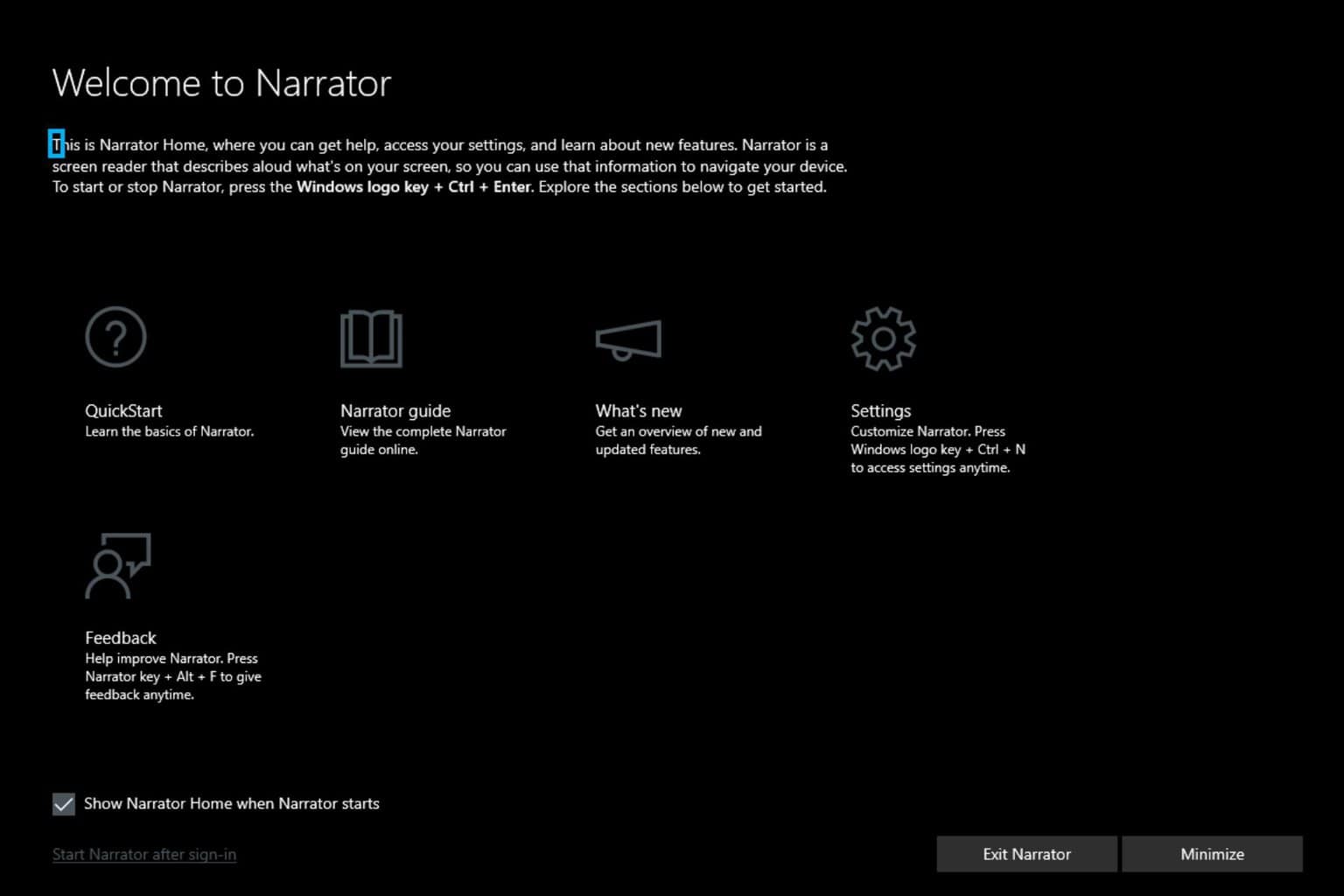
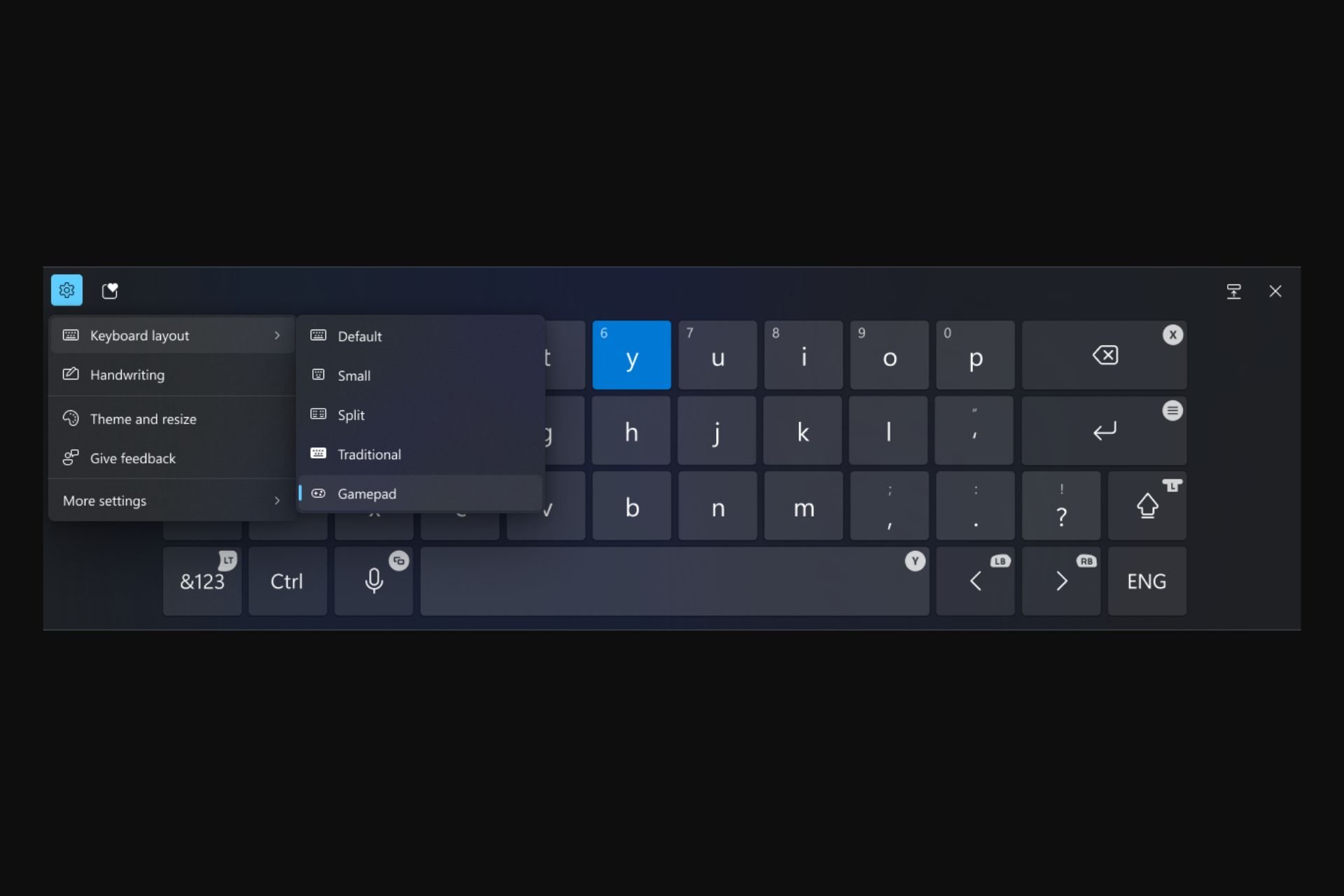
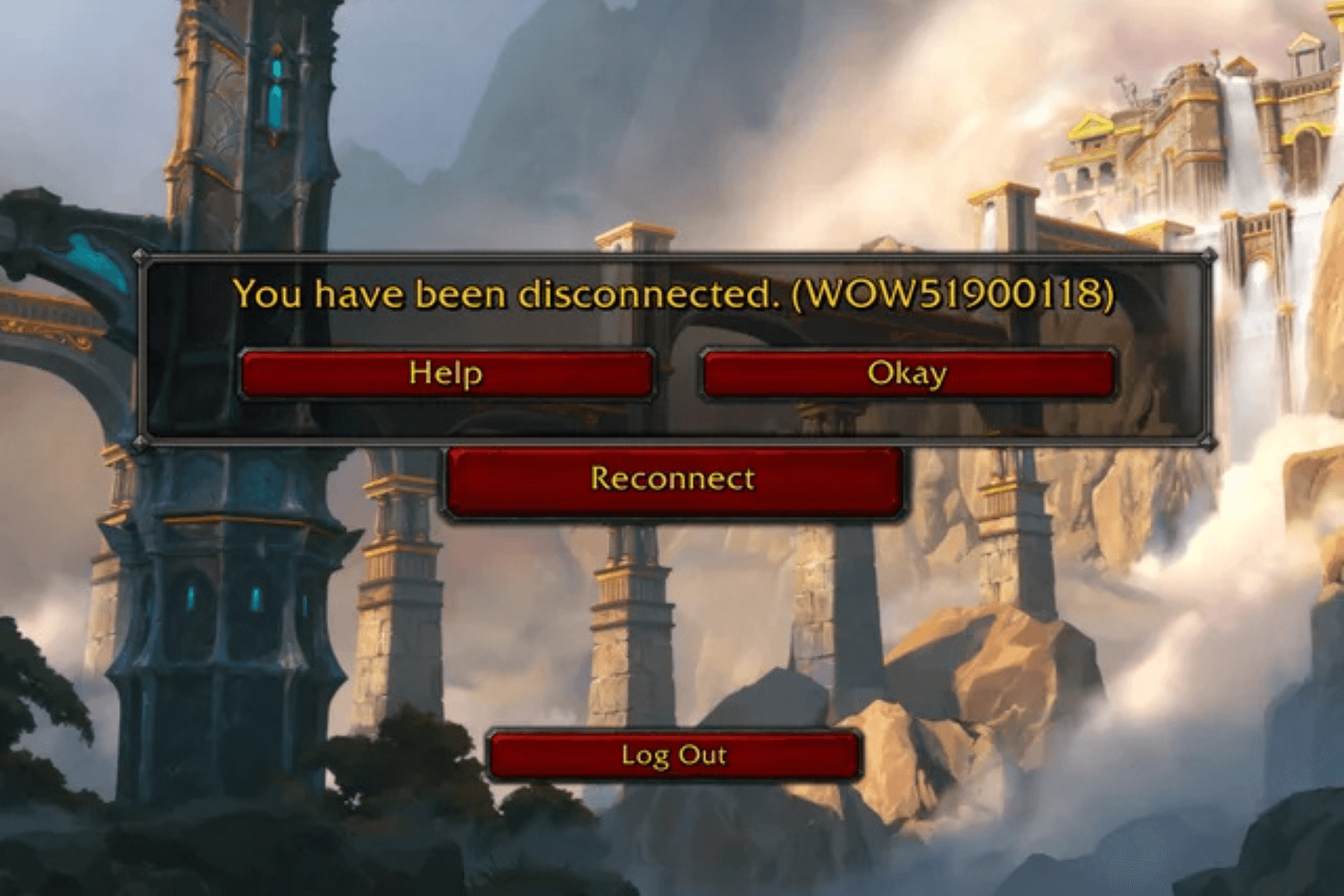
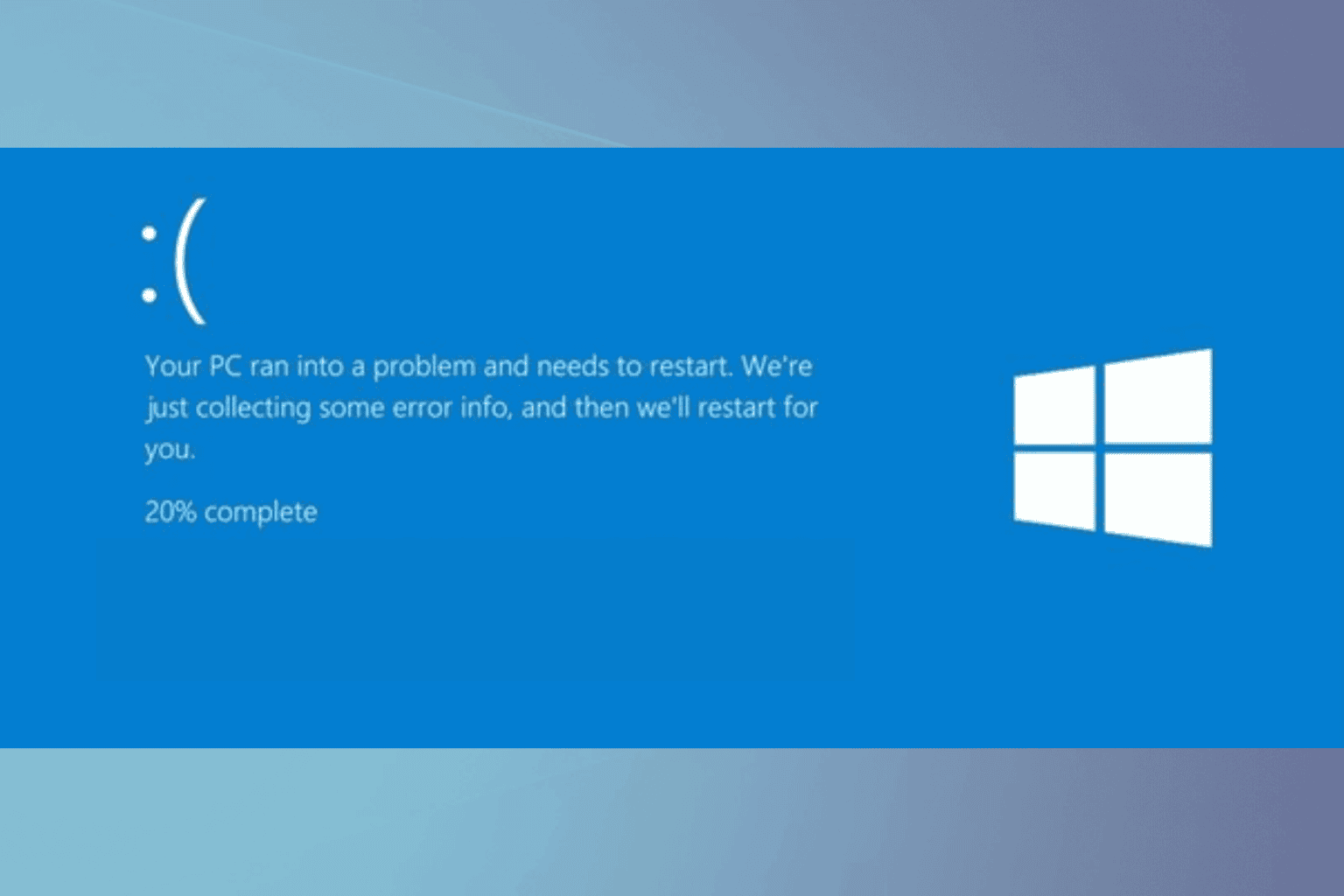
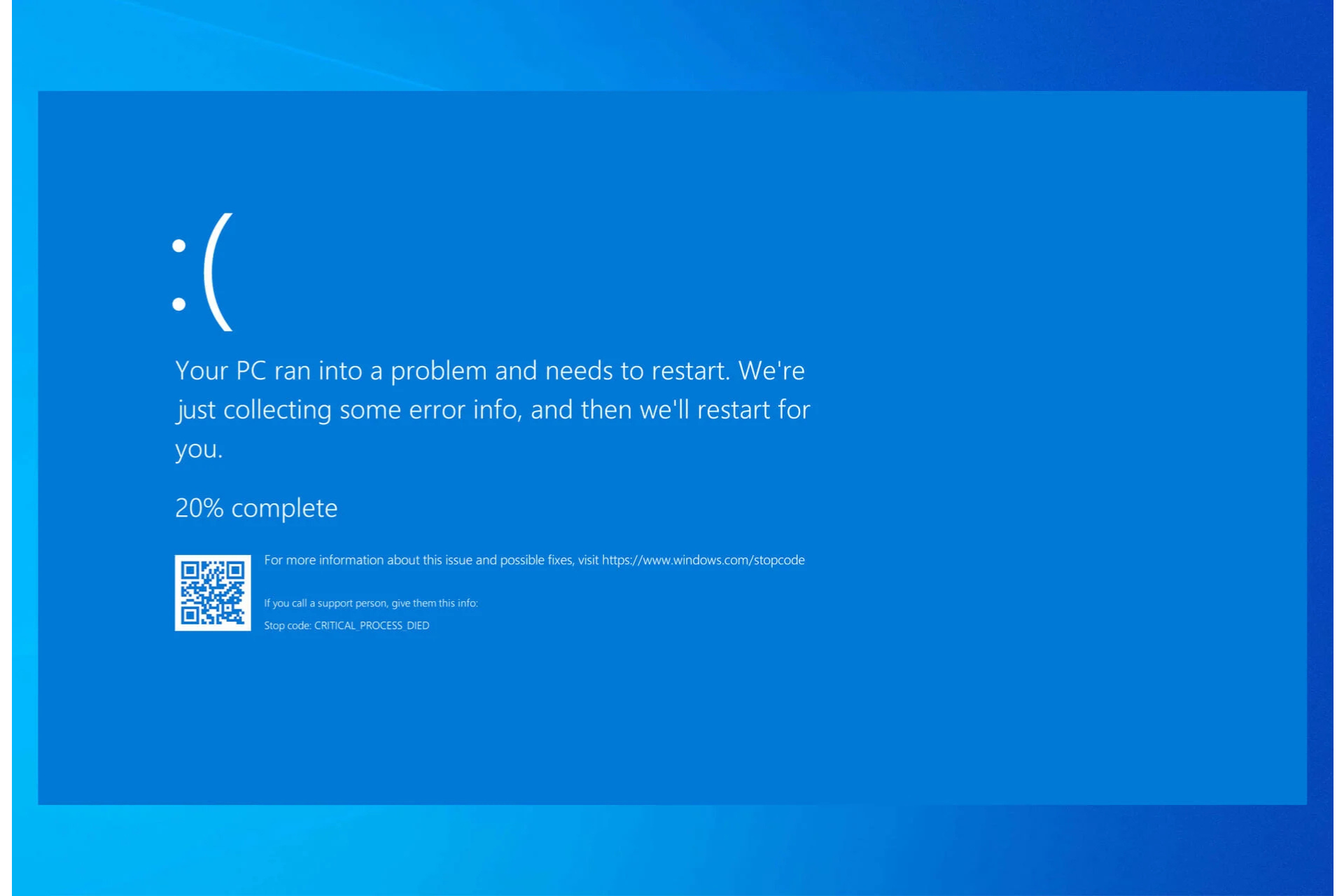
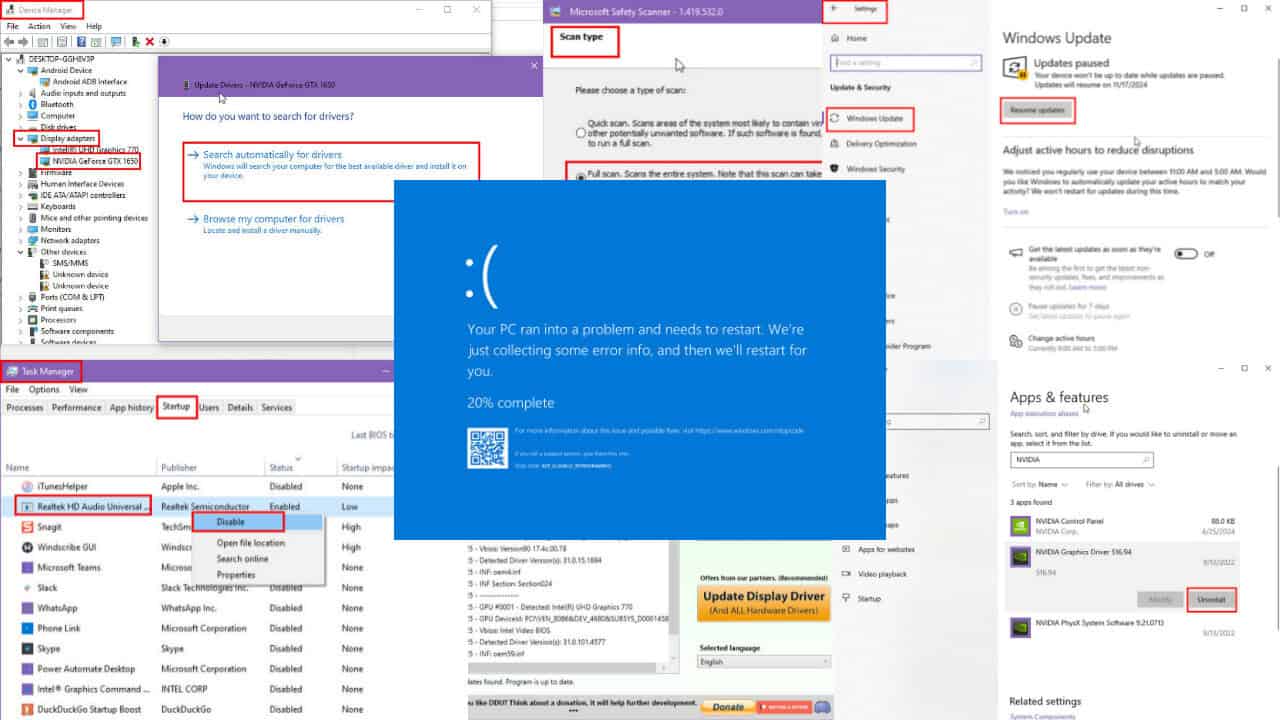
User forum
0 messages